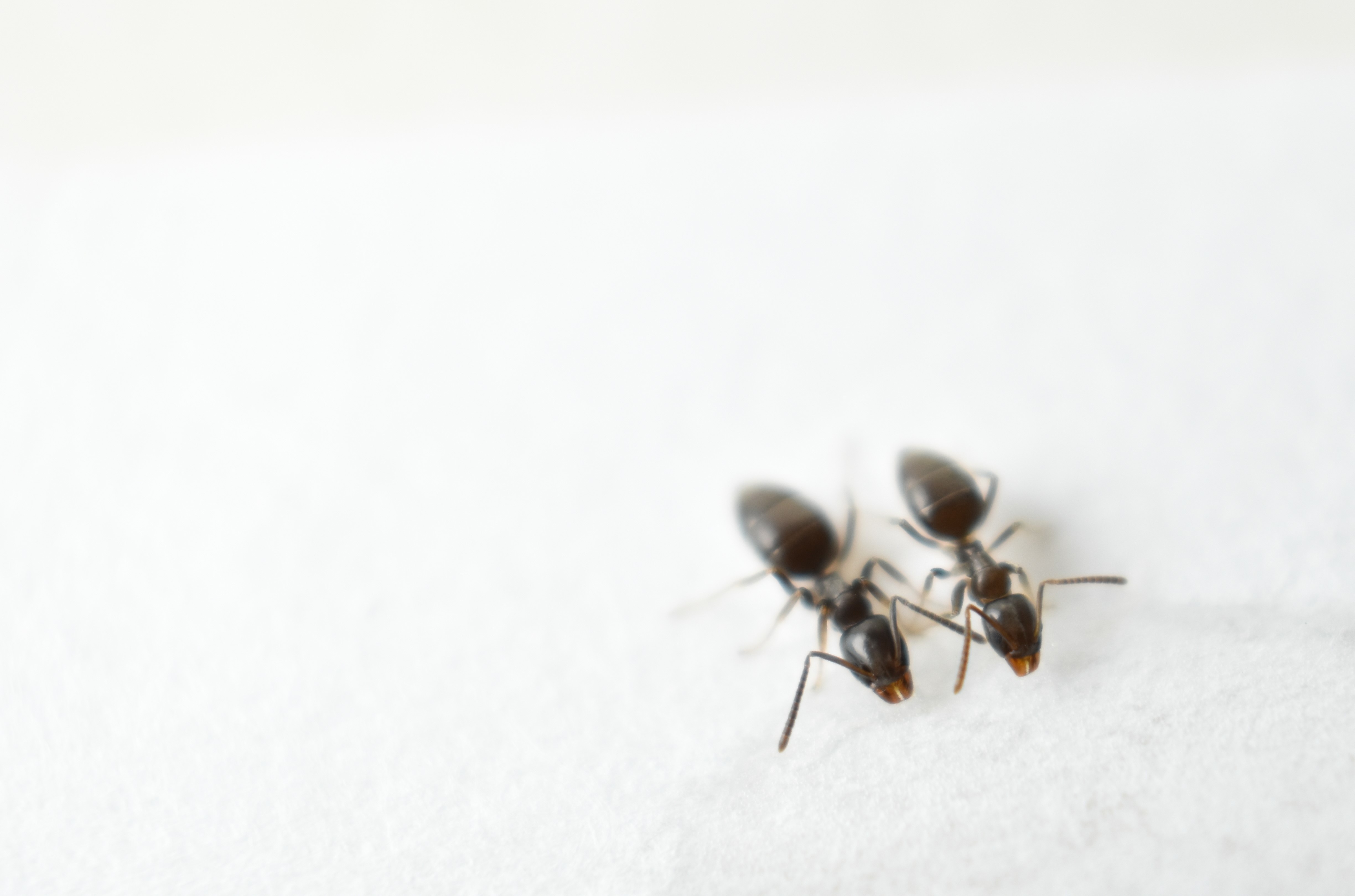What Pest Control Techs Want You to Know About Odorous House Ants
Odorous house ants have a reason for everything they do. If they are in your home it is because you have something they want. It’s either shelter, food, or water. If you are seeing house ants in your home, you need to ask why they are there in the first place.

Ant Hierarchies
Ants are one of the most industrious and hardworking animals known to man and function within their colony with various responsibilities.
- The queen’s only part is to keep the colony growing and to be cared for by the worker caste. She is the singular producer of every ant in the colony and her care is crucial to the survival of the colony.
- The male’s job is to conjugate with the queen and then, subsequently die. Depending on the species of the ant, a queen can live as long as 15-20 years.
- Worker ants are sterile females whose job is to care for the offspring produced by the queen, care and feed the queen, maintain sanitation duties of the nest, dig new tunnels and many other tasks.
- Ants who seek food and bring it back to the colony.
- Some worker ants stand guard over the nest and search for food locations for the foraging ants.
- Ants may be a nuisance to homeowners; however, they eat dead insects – some of which they hunt and kill themselves – and their underground tunnels help aerate the soil, making ants a sustainable part of the environment.
Some Things All Ants Have in Common
- All ants, whether they are Carpenter, Argentine, Red Imported Fire, or Odorous House ants are social insects which means…
- All ants live in colonies and…
- Within that colony, each ant has a unique function.
- Each colony has at least one queen who lays eggs and is responsible for the reproduction of the colony.
- The life of the colony depends on the life of the queen. If the queen dies, the rest of the ants will soon disappear as well.
- Most newborn ants are sterile females who become workers.
- Ants are small enough to gain admission to your home through the tiniest cracks and crevices. You may not even know you were vulnerable to an ant infestation until you trace an ant trail back to its point of entrance.
- Ants leave an invisible pheromone trail so that once water, food, or shelter is found, other ants may have a marker to follow.
- Nest locations are not necessarily common among ants. Depending on the species and food source, ant colonies may be found nesting in wall voids, attics, trees, or anywhere.
- Colonies range from 300,000 to 500,000 ants and if there is any sign of danger, a colony can uproot itself quickly and relocate to a place of safety.
- Colonies may live as long as seven to ten years and the queen may live as long as 15 years. But once a male mates with the queen his usefulness is over, and he dies soon afterward.
If you are seeing ants in your home, we could stop by for a visit at your convenience, do an inspection, and come up with an agreeable action plan, which would include immediate relief for your current ant infestation, and then we would recommend a minimum of quarterly service to maintain an ant free environment.
Reach out to Home Run Pest and Termite Control for any ant activity or any other pest activity you may be having.
